About Hiking
The more experienced you are in something, the better you are at what you do. The same goes for hiking. Longer hikes give you an estimation of your endurance. How long can you walk steadily, how often do you need to take a break, how much water do you intake on a hot day and in general, and how much food do you consume? Do you drain fast, or are you “diesel-powered” – once you get on a working temperature, you can go for miles and miles. Only the experience can give you a valid estimation of your fitness and stamina.
However, the experience goes much further than that. Mountaineering is not a sport in its essence, and it has been turned into a sport, but at its core, it is a non-competitive activity, and that is how I approach it.
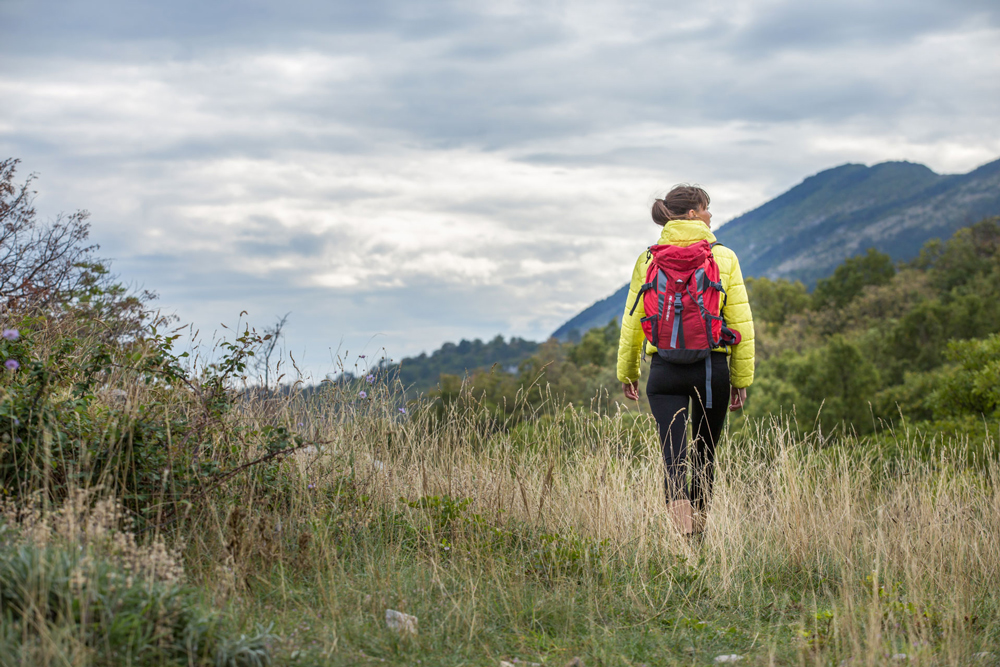
As with any activity, mental preparation is just as important – and often crucial – as fitness. One of the most critical things in the mental approach to hiking, in addition to the above-mentioned physical experience – is to know how to pack your backpack. My experience tells me that when you know how to prepare well and adequately for a walking trip, no matter how long that trip lasts, you have certainly satisfied 51% of mental readiness. The other 49% is to know your endurance and limits and how much you can pull beyond the perceived limit when needed.
To be clear, I’m talking about one-day, multi-hour tours, which last an average of 3, 4 and up to 6-7 hours. A 4-hour hike is a typical walking day, considered optimal or moderate in most hiking organizations and excursions.
If you are wondering why 51% fall on the fitness of the mind and 49% on physical fitness, mental stability is always crucial in every situation. Muscular but insecure in a fight with a smaller but determined one indeed loses the battle. Besides, to get physical fitness, you need a mental one first. Even though you see miles in front of you, you have no problem getting to the finish line little by little; it means you have gained the stability that separates champs from quitters. Which, in truth, comes in handy in life in general.
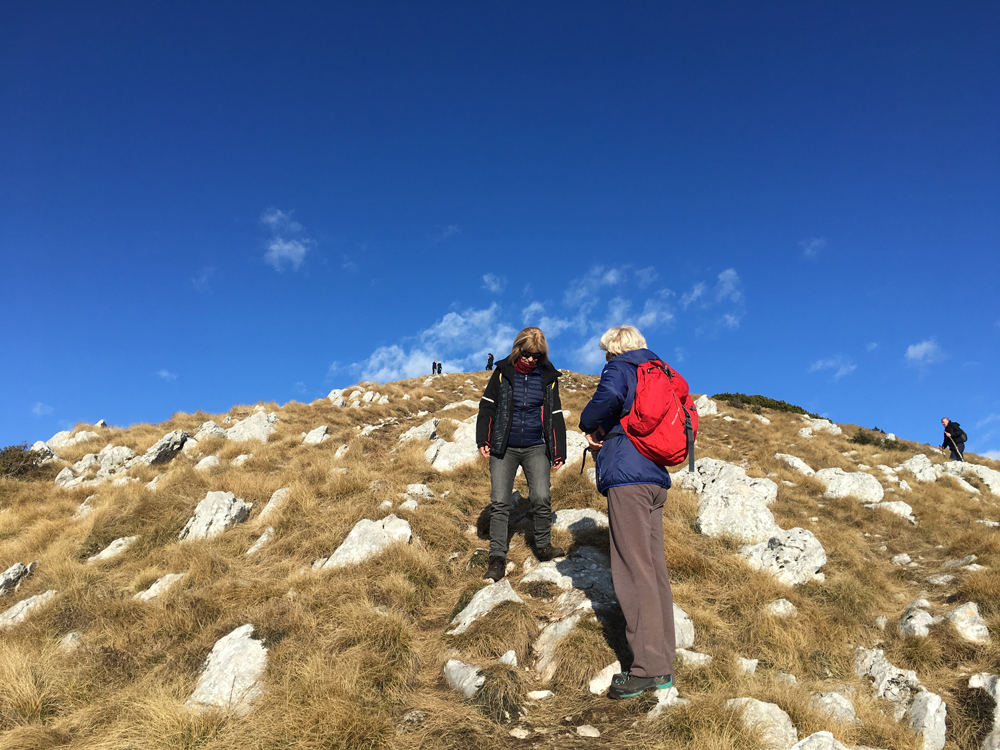
Walking in the mountains gives you an idea of what you need in your backpack and what you have in excess. You learn to take everything that is not essential for you out of your backpack because every gram of extra nonsense is a burden on your back.
Without a backpack, you could often cover at least another third of the way you can’t when you have a weight on your back, and when that backpack is heavy, it’s like you shot yourself in the knee. You have made it difficult to walk, slowed down, and become overwhelmed, and in the end, you can’t even enjoy the activity and nature because you can’t wait to sit down and take the load off your back. When you realize that you are hauling excess stuff, it affects your psyche and mood, and the whole impression and trip can be disturbed.
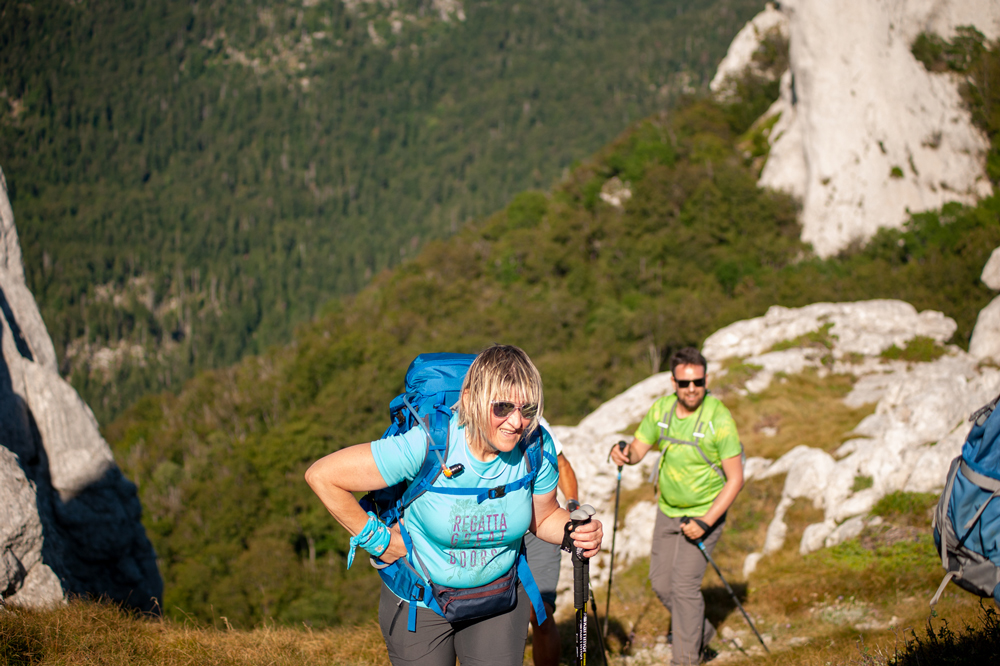
However, when you cleverly lug in your backpack and take a little but enough, you are joyful in your mind because you know you are well prepared, you have smartly packed everything essential, and you have approached focused and now you can safely and efficiently travel. That realization alone is worth 51% of the mental preparation for hiking.
I used to overdo with gear in a backpack when there was no need for it, and sometimes I took too little just when I needed to take more! Once the rain caught me in the middle of nowhere, there was no hiding place, and I had nowhere to hide from the downpour. I had to get wet because I forgot the rain jacket and a few other things that would make it immeasurably easier for me that day if I had them with me.
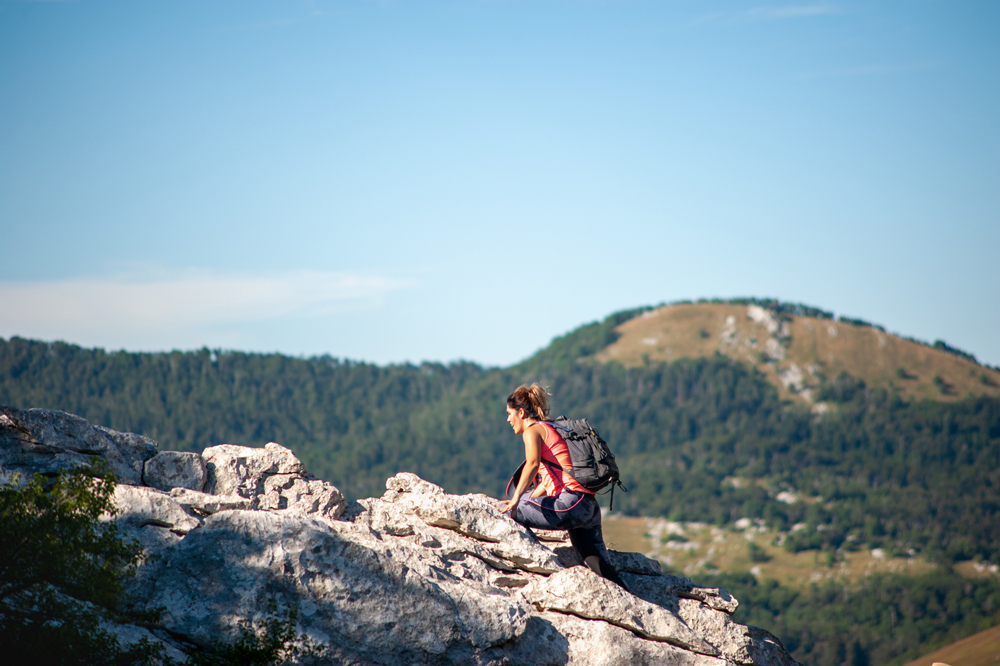
For example, a waterproof map case (the map got soaked), a plastic waterproof bag for dry clothes to change into, and a small umbrella or tarp that I could stretch between the trees and make a shelter from the rain. To make things better, I had it all in the car!! And all together, it weighs 400-500 grams.
If I had packed my backpack smarter, I would have been dry and thought of myself as well packed. I would have been satisfied with my resourcefulness, preparation and coping in the new situation (it was a local downpour that the weather forecast predicted for the evening). Such preparation and attitude strongly affect how long you can walk (happily) in the mountain.
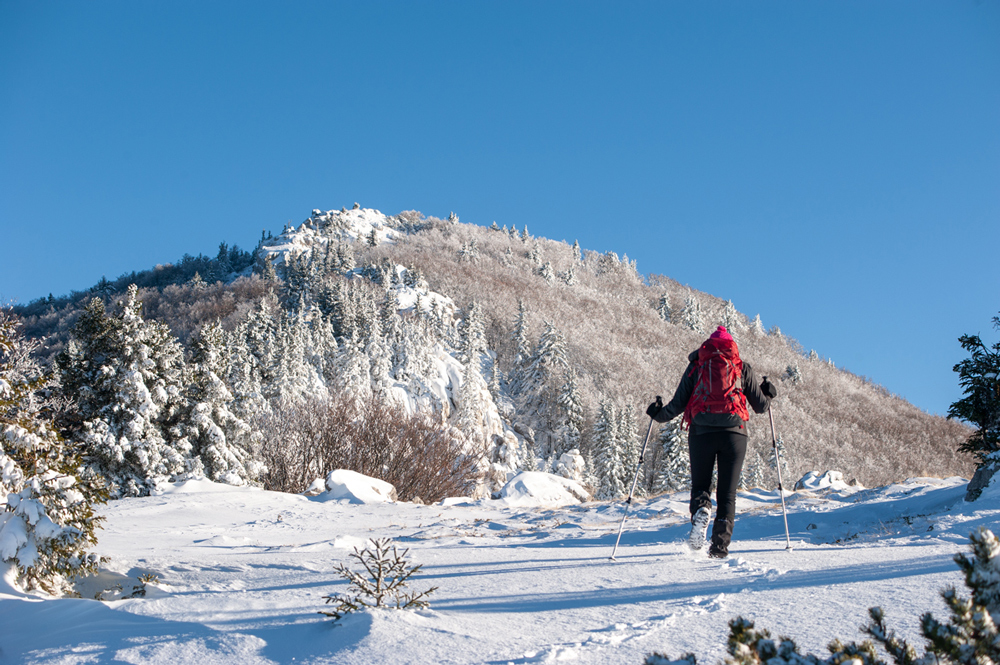
Organize your gear the night before so you can start quickly and carefree in the morning. Be 110% prepared, look forward to the trip already during the packing, and be sure, that the tiredness you feel at the end of the day will be very positive! Mountaineering is not a competitive activity, but the joy of accomplishment after the proper hike is immense!
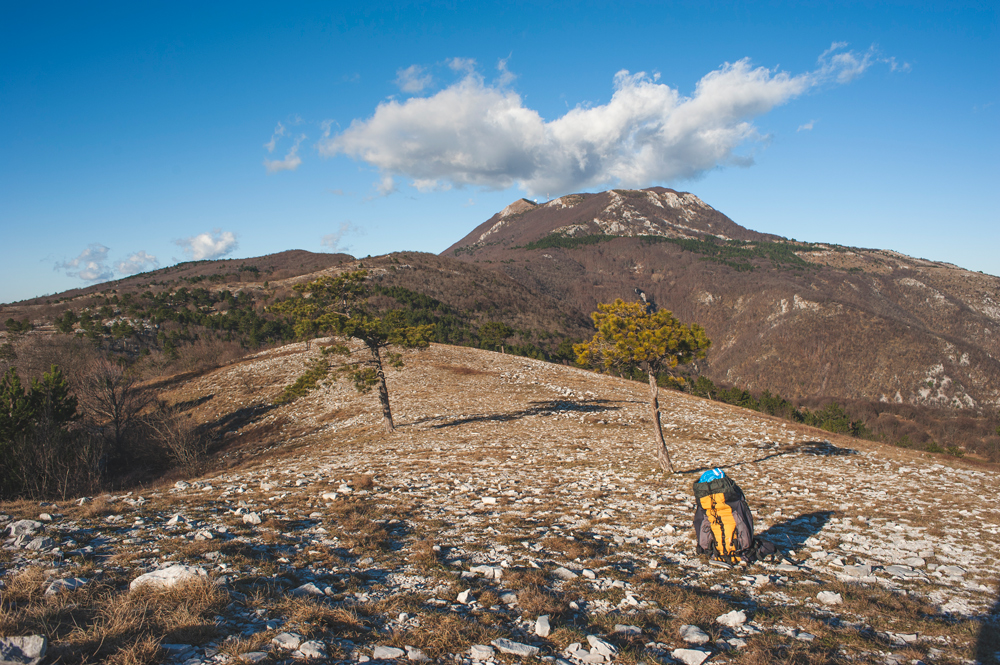
“There are no shortcuts to any place worth going.”
Beverly Sills
